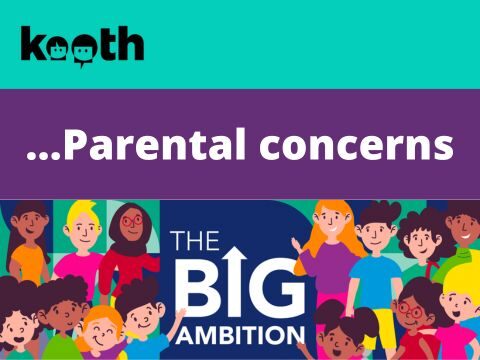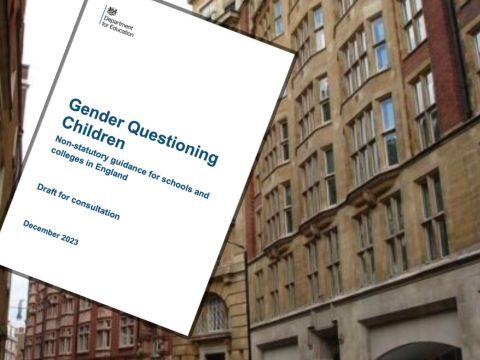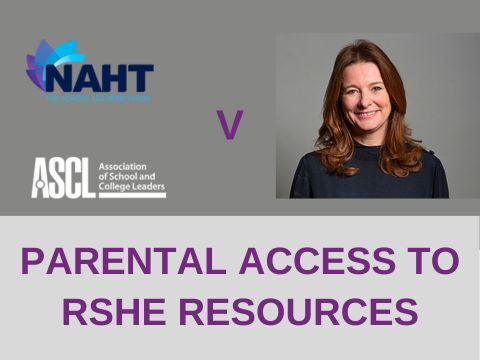

It cannot be denied that the coronavirus pandemic and subsequent lockdown led to an unprecedented situation in recent times. There are ongoing rules and restrictions affecting schools, so it is not possible to gauge the full impact that such measures, and the pandemic itself, are having on children and young people’s mental health and wellbeing.


It is tempting to believe that bullying and its effects would have subsided when home schooling became the norm for most children. That is sadly not the case. It must be remembered that children’s experiences of the lockdown period will have been very varied. Some homes are equipped with excellent Wi-Fi, laptops and computers with all the necessary software, and the adults who are supporting the home schooling possess the necessary computer skills. A significant number of young people are not so fortunate and faced, and continue to face, a very real digital disparity. Indeed, the pandemic has exposed the disparity between families on many levels. Issues, such as poor and overcrowded housing, food poverty, sibling/family bullying, domestic abuse, and unemployment are some of the key factors that contribute to a young person’s vulnerability to becoming either a bully or a target. Attending school mitigates some of these risk factors, and vigilant teachers can instigate referrals to appropriate agencies. The absence of such monitoring led to many safeguarding concerns remaining hidden. Thankfully online help has been sought by a number of at-risk young people. Since the beginning of January 2020 Childline has delivered over 2,000 counselling sessions every week with children concerned about their mental health and emotional wellbeing. With young people spending so much time online during lockdown, cyber bullying issues featured prominently.
During a lengthy period of social distancing, friendships, which were a source of support, may have deteriorated, with some children unable to communicate regularly with peers. The nature of the crisis itself, having a very contagious illness at its root, provides a potent opportunity for bullying behaviours to occur as young people return to school. A rise in incidents of racism has occurred, with pupils from Asian backgrounds experiencing bullying about the perceived origin of the virus in China. For some children, who do not feel safe at school, and who viewed lockdown as a respite, the return to school has felt like a huge challenge, making them appear more vulnerable and easy targets for the bullies.
A poll of 1000 parents and 1000 young people aged 6-16, commissioned by The Diana Award and Nationwide Building Society (September 2020), reveals that bullying remains of grave concern to both young people and parents. It indicates that lockdown has heightened anxiety, with 33% of parents fearing that their child will struggle to integrate into social groups when they return to school. 34% of the young people admitted to being anxious about going back to school, with 46% of them saying that they had been bullied at some point, and 67% reported having seen or heard bullying behaviour in their school in the last year.
It is important for parents and carers to recognise the signs and symptoms of bullying. Certain things to look out for:
• belongings getting ‘lost’ or damaged
• physical injuries, especially unexplained bruises
• being afraid to go to school, feeling ‘ill’ each morning, truanting
• attainment levels falling
• asking for, or stealing, money – to ‘pay’ the bully
• losing confidence, becoming distressed and withdrawn
• problems with eating or sleeping
• bullying others
Tips for Parents
• It is important to talk to your child about bullying and cyberbullying.
• Let them know that they can talk to you about any incidents and discuss who might also be able to help.
• Discuss possible solutions with your child. Don’t rush to the school in anger, as cooperation with the school wherever possible leads to more positive outcomes.
• Notwithstanding, the safety of your child is paramount and the school has a duty of care.
• Ensure that you have read the school’s anti-bullying policy, which should outline responsibilities and procedures.
• Social media platforms have report buttons. Use these to report online bullying messages and videos. You can also contact your internet service provider as well as the organisations listed below.
• Monitor your child’s online life and encourage them to take time out and relax in real time with family and friends.
Some useful Websites
• Anti-Bullying Alliance – www.anti-bullyingalliance.org.uk
• Bullying UK – www.bullying.co.uk
• Childnet – www.childnet.com
• Internet Watch Foundation – www.iwf.org.uk
• Kidscape – www.kidscape.org.uk
• NSPCC – www.nspcc.org.uk
• Safer Internet – www.saferinternet.org.uk
• The Diana Award – www.diana-award.org.uk
• Young Minds- www.youngminds.org.uk
Claude Knights FRSA MBPsS
Independent Consultant on Family and Child Protection Issues
Member of the All-Party Parliamentary Group on Bullying
Member of the Lords and Commons Family and Child Protection Group






